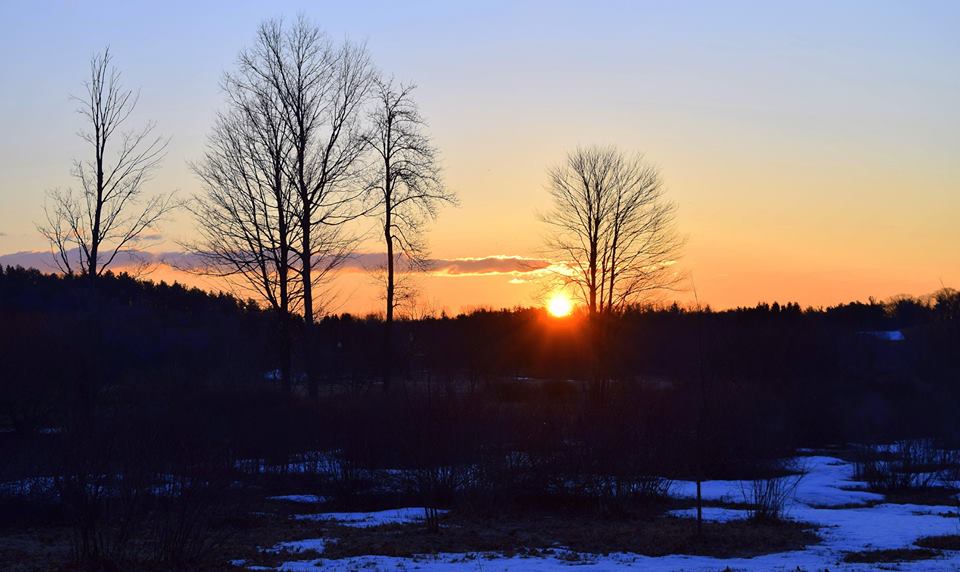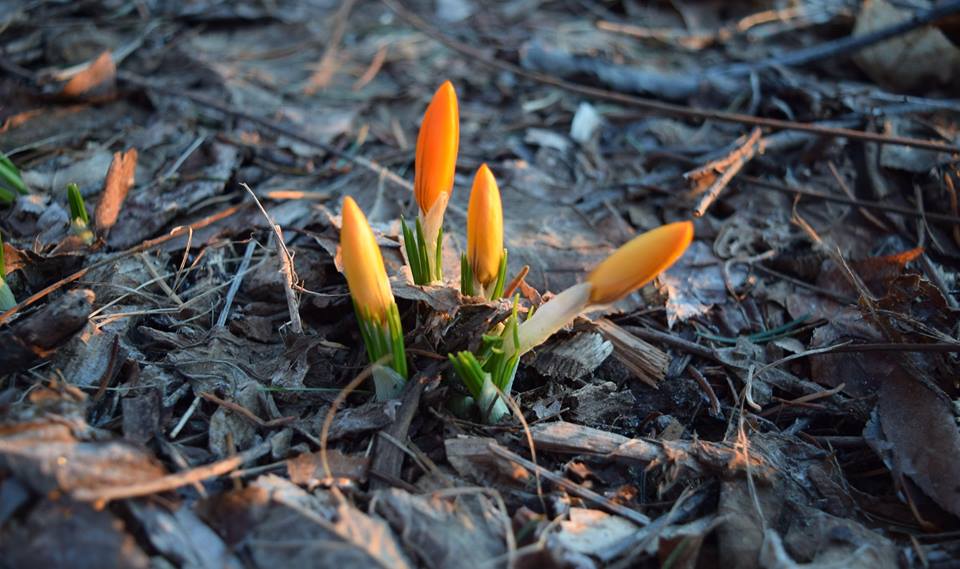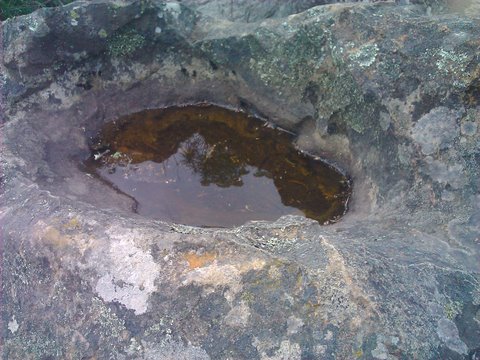
The loss has been real. The darkness. Its apparent permanence. Hope cruelly stolen.
Two millennia ago, we could not speak in the past tense, as we do now. We wouldn’t have found the rock rolled back, not quite yet. We wouldn’t yet be sure what to make of the empty tomb, the strange gardener clad in white who showed up in our most confused state.
The loss would be wordless, but by no means soundless. There would be keening. Our spirit’s hunger and thirst would know no satiation. Our bodies would be bent, contorted, sent to the ground by a force of grief beyond our ken.
It would be not unlike what Rev. Kate Braestrup describes when she accompanies the Maine Wardens on the terrible job of informing people that their loved one is dead. The loss is so real. There is no anesthesia. No promise of sunrise. No promise of return.
Still, somehow, even though nearly everybody falls to the ground, what Kate Braestrup, as chaplain, has witnessed, over and over again, is that “there is something in us that knows how to do that.”
Do what? Take the blow. Feel the grief. Be knocked down. Fall to our knees.
And when we find ourselves down there, on our knees, the gravity of ground pulling us without recourse, sending us into full fetal position because we have lost what we most cherish,… eventually, at some point, ultimately, there is something else in us, something else we know how to do: we rise.
Kate Braestrup, and the wardens with whom she works, see it over and over. They all agree, nearly everyone goes down and then, though it seems like an eternity, though it is an eternity in the heart of that person, they rise. Twenty minutes. Maybe less, but not usually more. They rise to their feet, they come back to themselves, and they ask questions sensible to the circumstance.

And this is the thing. This is the true miracle, this thing that happens despite the loss without a name, despite the thirst that cannot be quenched, despite what death takes away: there is “a tiny resurrection.” In ordinary lives, in the face of all that is lost, not all is lost, and we rise. We experience resurrection.
We are resurrection.
It is as if our bodies, not necessarily our minds, not always our hearts, but our bodies know the wisdom found in these lines from the poet, Denise Levertov (from her poem, The Fountain):
Don’t say,
don’t say there is no water
to solace the dryness at our hearts.
I have seen the fountain
springing out of the rock wall
and you
drinking there.
And I too
before your eyes
found footholds
and climbed
…

Don’t say,
don’t say there is no water.
That fountain is there
among its scalloped green and gray stones,
it is still there
and always there
with its quiet song
and strange power
to spring in us,
up and out
through the rock.
In this season of so many resurrections,
let us sing praises.
With the rising of the sun,
let us praise the return of the light.
Let us praise bodies that rise,
from the depths of despair and grief,
and praise these bodies that rise early,
as well as lungs that fill with brisk morning air.
Let us praise the quenching waters,
seen or unseen, still there and always there.
Let us praise resurrections in our lives,
from the grandest to the tiniest,
whatever form they take.
Amen. Blessed be.
Hi Karen, Loved your Sunrise sermon. Simply deep and lovely. Best Steve L
Come back soon!